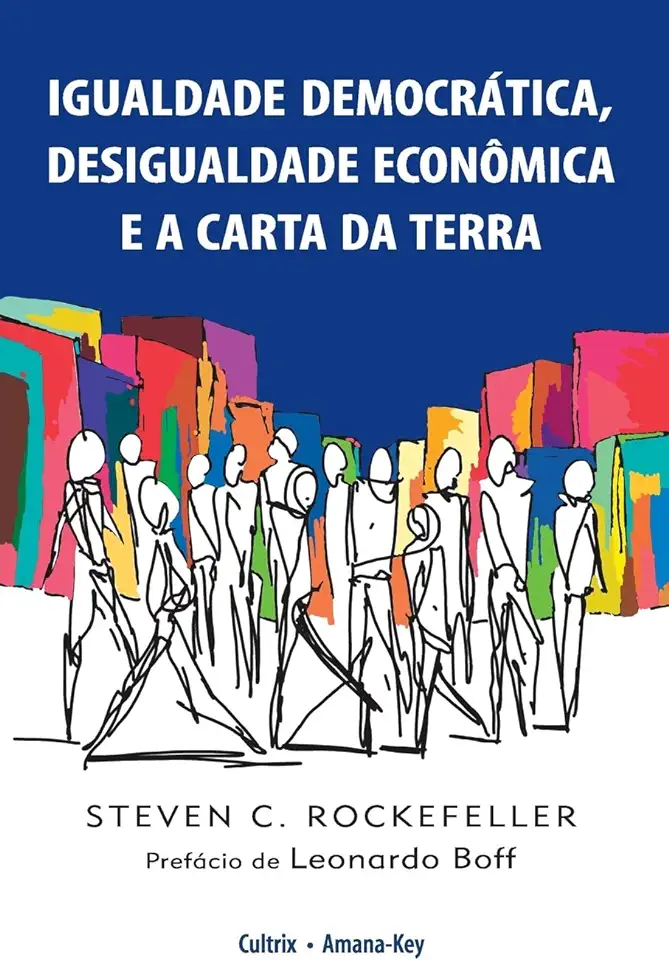
Democratic Equality, Economic Inequality, and the Earth Charter - Steven C. Rockefeller
Democratic Equality, Economic Inequality, and the Earth Charter: A Review
Introduction
In his book, "Democratic Equality, Economic Inequality, and the Earth Charter," Steven C. Rockefeller argues that the current global economic system is fundamentally unjust and unsustainable. He proposes a new economic model based on the principles of democratic equality and ecological sustainability, which he calls the "Earth Charter economy."
The Current Economic System is Unjust and Unsustainable
Rockefeller begins by arguing that the current global economic system is characterized by extreme inequality, both within and between countries. He cites statistics showing that the richest 1% of the world's population owns more wealth than the bottom 99% combined, and that the gap between the rich and the poor is growing wider. He also argues that the current economic system is unsustainable, as it is based on the exploitation of finite natural resources and the generation of vast amounts of pollution.
The Earth Charter Economy
Rockefeller proposes a new economic model based on the principles of democratic equality and ecological sustainability, which he calls the "Earth Charter economy." The Earth Charter economy would be based on the following principles:
- Democratic equality: All people would have an equal say in the decisions that affect their lives, and all people would have access to the same opportunities.
- Ecological sustainability: The economy would be designed to protect the environment and ensure that future generations have access to the same resources that we have today.
- Economic justice: The economy would be designed to ensure that everyone has a fair share of the benefits of economic growth.
The Benefits of the Earth Charter Economy
Rockefeller argues that the Earth Charter economy would have a number of benefits over the current economic system. These benefits include:
- Reduced inequality: The Earth Charter economy would reduce inequality by ensuring that everyone has access to the same opportunities and that everyone has a fair share of the benefits of economic growth.
- Increased sustainability: The Earth Charter economy would be designed to protect the environment and ensure that future generations have access to the same resources that we have today.
- Greater democracy: The Earth Charter economy would be based on the principles of democratic equality, which would give everyone a say in the decisions that affect their lives.
Conclusion
Rockefeller concludes by arguing that the Earth Charter economy is the only way to achieve a just and sustainable future for all. He calls on people around the world to join together to create a more just and sustainable world.
Why You Should Read This Book
"Democratic Equality, Economic Inequality, and the Earth Charter" is a must-read for anyone who is concerned about the current state of the world. Rockefeller provides a powerful critique of the current economic system and offers a compelling vision for a more just and sustainable future. This book is essential reading for anyone who wants to understand the challenges facing our world and how we can overcome them.
Enjoyed the summary? Discover all the details and take your reading to the next level — [click here to view the book on Amazon!]